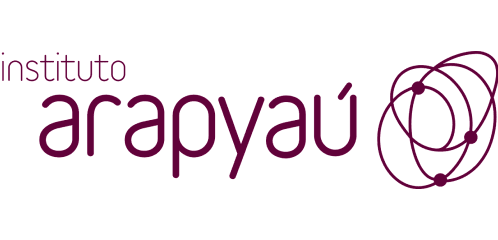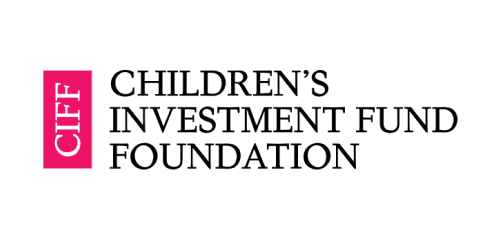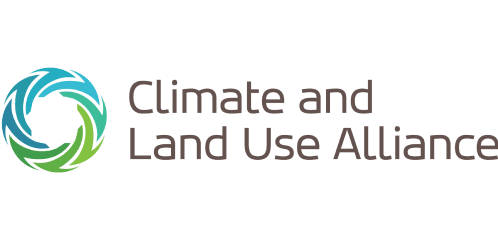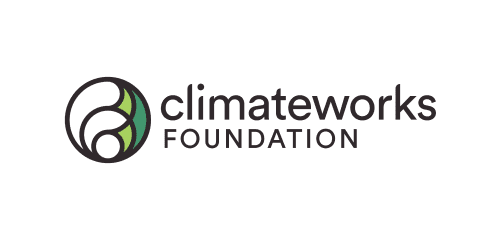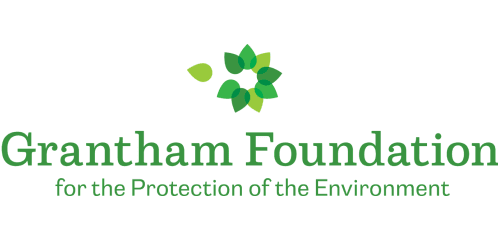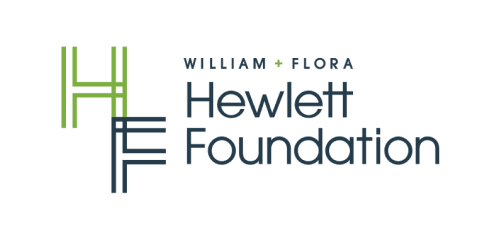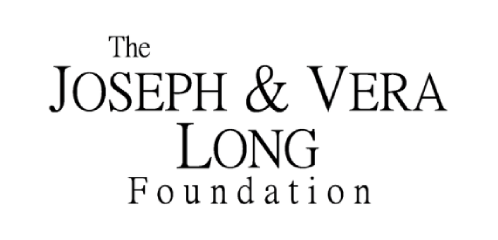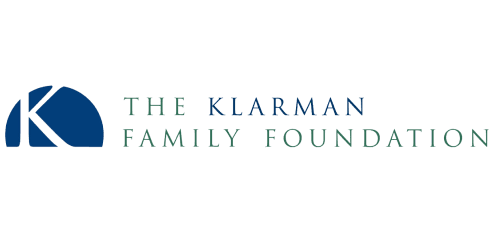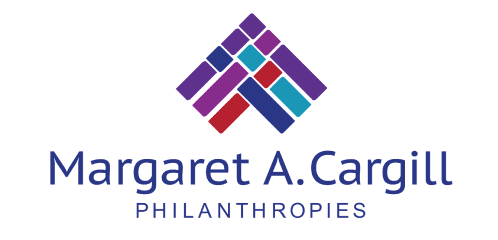We are a global collaborative dedicated to protecting tropical forests and supporting those who steward them.
Forests, People, Climate (FPC) is a collaborative of philanthropic donors, civil society, and community-based organizations seeking to halt and reverse tropical deforestation while supporting just, sustainable development.
We focus on equitable and enduring solutions that safeguard tropical forests and support those stewarding them, in particular Indigenous Peoples, Local Communities and Afro-descendants in tropical forest countries.

We mobilize funding
- Engage and inform donors
- Map and share funding flows
- Identify and prioritize funding needs
We align strategies
- Collaboratively-developed and informed by the field
- Comprehensive approach
- Learning and measuring progress
We ensure equitable support
- Establish trusted relationships
- Provide general operating support
- Build capacity
Who’s involved?
The Climate and Land Use Alliance (CLUA) hosts FPC and coordinates with other grant makers to ensure funding through the Forests, People, Climate effort reaches those doing the work.
Climate Lead is a donor advisor helping make FPC visible to new climate funders and helping scale the work globally.
In collaboration with other partners, the World Resources Institute (WRI) established a Monitoring and Learning (M&L) Framework, which aims to assess progress of collective efforts in the initiative.

Photo by Annie Spratt on Unsplash
Aligning around shared priorities, mobilizing and effectively moving funding.
A new effort to significantly increase philanthropic funding to end and reverse tropical deforestation while supporting just and sustainable development.
Nov. 2021
Glasgow Declaration at COP 26 establishes a global effort to halt and reverse deforestation.
Early 2022
Consultations with major donors and organizations in tropical forest countries.
Nov. 2022
FPC is launched with 13 leading climate philanthropies announcing new funding to FPC at COP 27 in Egypt, alongside the launch of the the Forests & Climate Leaders' Partnership.
Jun. 2023
CLUA affirms its commitment to host FPC and ensure its success.
Aug. 2023
Nine ‘living’ strategies developed through a widely participatory process that engaged 600 experts.
Frequently Asked Questions
Forests, People, Climate (FPC) is a collaborative of philanthropic funders, civil society and community-based organizations seeking to halt and reverse tropical deforestation while enabling just, sustainable development. The current funders of FPC include the CLUA member foundations, which are the ClimateWorks Foundation, the David and Lucile Packard Foundation, the Ford Foundation, Good Energies Foundation, and Gordon and Betty Moore Foundation. Margaret A. Cargill Philanthropies is an aligned foundation. FPC funders also include Instituto Arapyaú, the Ballmer Group, the Children’s Investment Fund Foundation, the Hewlett Foundation, the Grantham Foundation, the Klarman Family Foundation, the Skoll Foundation, Vere Initiatives, and the Joseph & Vera Long Foundation.
The Climate Land Use Alliance (CLUA) is a donor collaborative seeking to amplify the power of people and the potential of forests to achieve a just and climate-resilient world. The member foundations of CLUA are the ClimateWorks Foundation, the David & Lucile Packard Foundation, the Ford Foundation, the Gordon & Betty Moore Foundation, and the Good Energies Foundation. Aligned foundations include Margaret A. Cargill Philanthropies.
CLUA hosts FPC to accelerate progress toward shared goals of raising more support and moving more resources to organizations working to halt and reverse tropical deforestation. In this role, CLUA provides core operational support to FPC, and seeks to support a diverse range of partners actively aligning to advance the success of FPC which includes those mobilizing new funding, developing strategies collaboratively with experts and organizations closest to the work, and equitably supporting the field with a focus on those historically excluded.
